Training Sessions for Teachers, Entrepreneurs, and Civil Servants Held at Karazin University
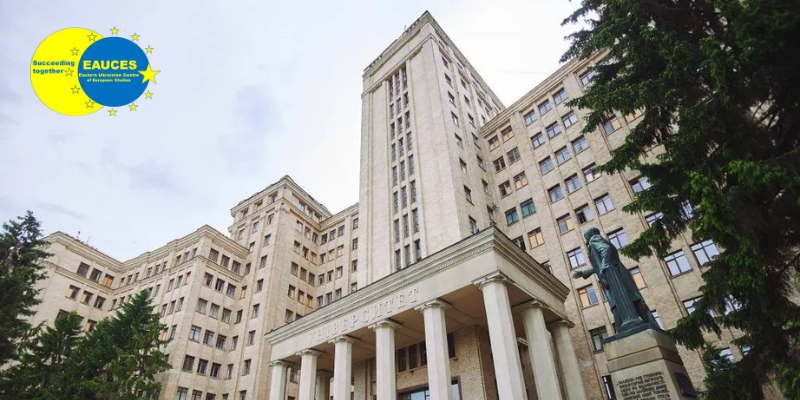
On June 14, 15, 21, and 22, 2025, V. N. Karazin Kharkiv National University hosted a series of training sessions for school teachers, entrepreneurs, and civil servants within the framework of the Jean Monnet Centre of Excellence project "Eastern Ukrainian Centre of European Studies" (EAUCES), ERASMUS-JMO-2024-COE 101176972.
The trainers for these sessions were Nataliia Nepriadkina, Tetiana Kovalenko, Alla Saipanova, Alina Cherviatsova, Maksym Kolisnyk, Oksana Tsukan, Olena Chernenko, and Valerii Reznikov.
Entrepreneurs took part in a practical workshop entitled "Fulfillment for Business in the EU." During the session, participants had the opportunity to:
-
Learn about the features, benefits, and risks of fulfillment for e-commerce and entrepreneurs;
-
Familiarize themselves with the experience of using fulfillment services to scale product-based businesses in the EU markets;
-
Develop and propose recommendations and algorithms for using fulfillment services in EU countries for Ukrainian enterprises across various industries (electronics, toys, home decor, cosmetics, etc.).
Civil servants expanded their knowledge of the EU decision-making system, while teachers explored the historical stages of the formation and development of European communities and the European Union.
Civil servants also gained a deeper understanding of the institutional structure and budgetary processes of the European Union, the stages of European economic integration, the principles of the functioning of the EU single market and its application in practical business activities. They also acquired comprehensive knowledge about the purpose, structure, and grant opportunities of the EU’s Horizon Europe Framework Programme for Research and Innovation, along with practical information on participation in the Programme, including activity types, funding tools, project calls, partner search, and aspects of international public law with a special focus on Europe’s diverse achievements.
Teachers were introduced to key EU initiatives to combat disinformation (legal, institutional, and policy-based).
During the training, participants completed a practical assignment — they took a disinformation resilience test and, if they wished, shared their results via the Mentimeter platform to assess the impact of disinformation and information noise on everyday life.
Lectures and practical sessions also covered:
-
The concept of narratives: what they are, how they are formed, how to protect against them, and practical examples;
-
The concept and properties of fakes, types of fakes, and examples of fake content;
-
The concept and signs of fake news, ways to recognize fake news;
-
The role of bots and trolls in spreading disinformation and real-life examples.
Special attention was given to the concept, purpose, and stages of fact-checking, as well as to key fact-checking initiatives worldwide, in the EU, and in Ukraine (including Snopes, PolitiFact, Bellingcat, EUvsDisinfo, StopFake, and VoxCheck).
Teachers also explored didactic materials, digital tools, games, and quizzes about the EU, which will help improve the educational process in schools.
A total of 47 participants successfully completed the training and received certificates.
latest news
-
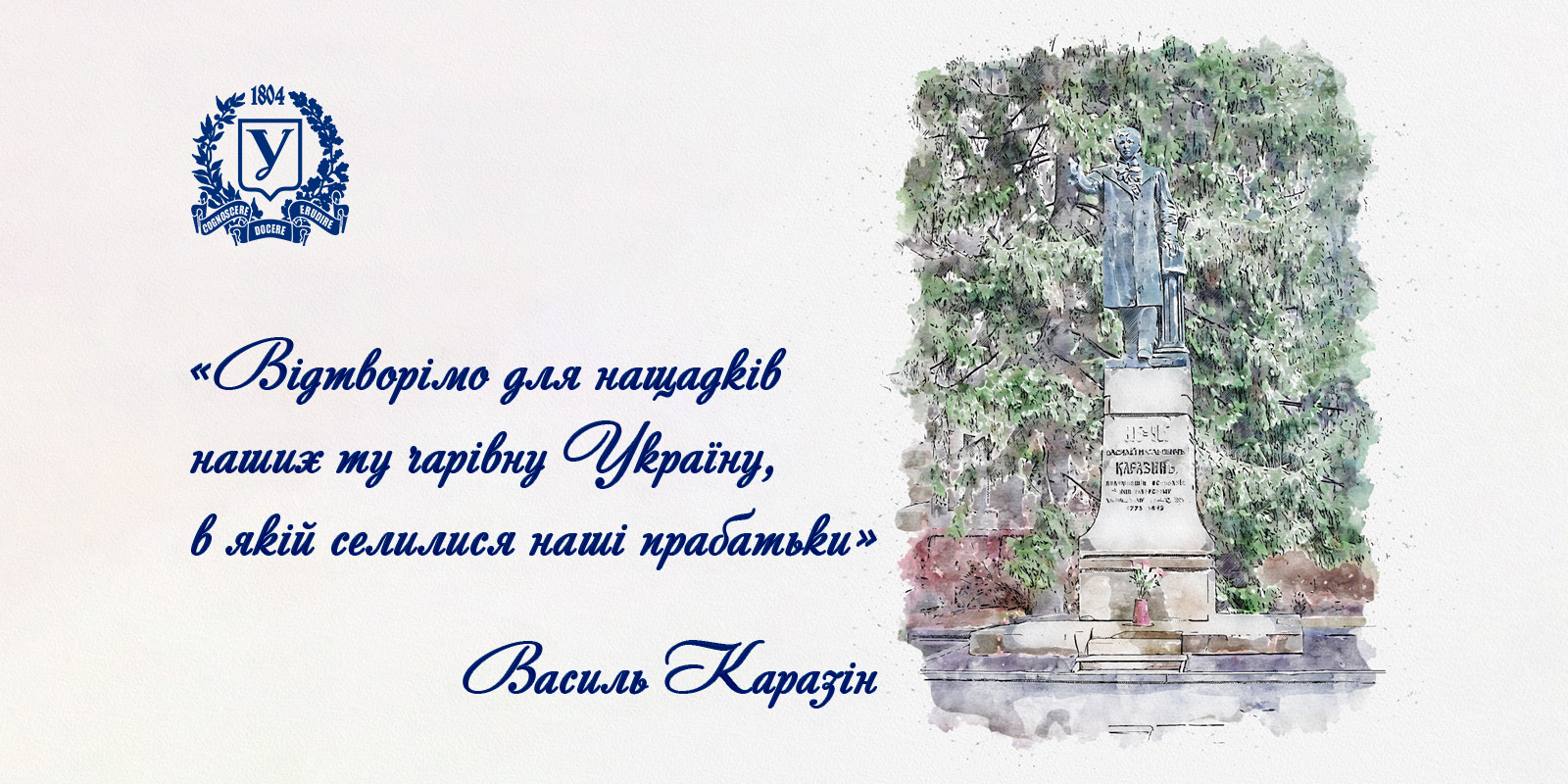 10 february 2026 yearThe Karazin Community Commemorates the 253rd Anniversary of the Birth of the University’s Founder, Vasyl Karazin
10 february 2026 yearThe Karazin Community Commemorates the 253rd Anniversary of the Birth of the University’s Founder, Vasyl Karazin -
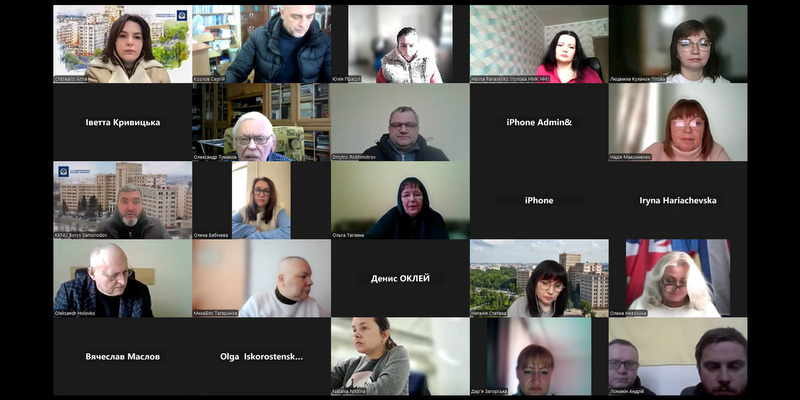 9 february 2026 yearMeeting of the University Scientific and Methodological Council
9 february 2026 yearMeeting of the University Scientific and Methodological Council -
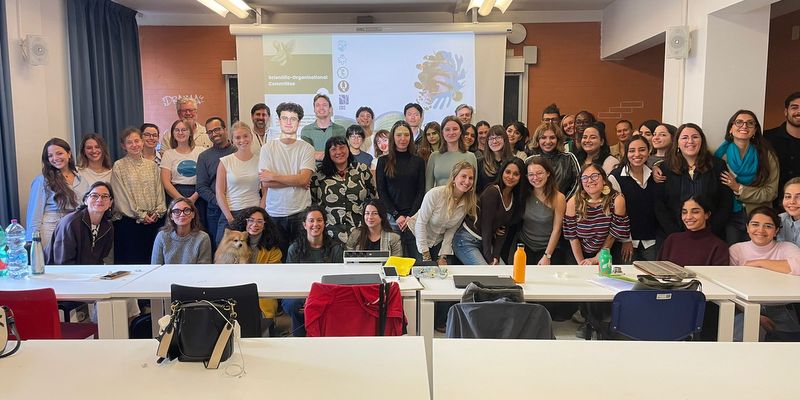 9 february 2026 yearStudent Olena Strapchuk Wins International SEIZMIC Hackathon in Italy
9 february 2026 yearStudent Olena Strapchuk Wins International SEIZMIC Hackathon in Italy -
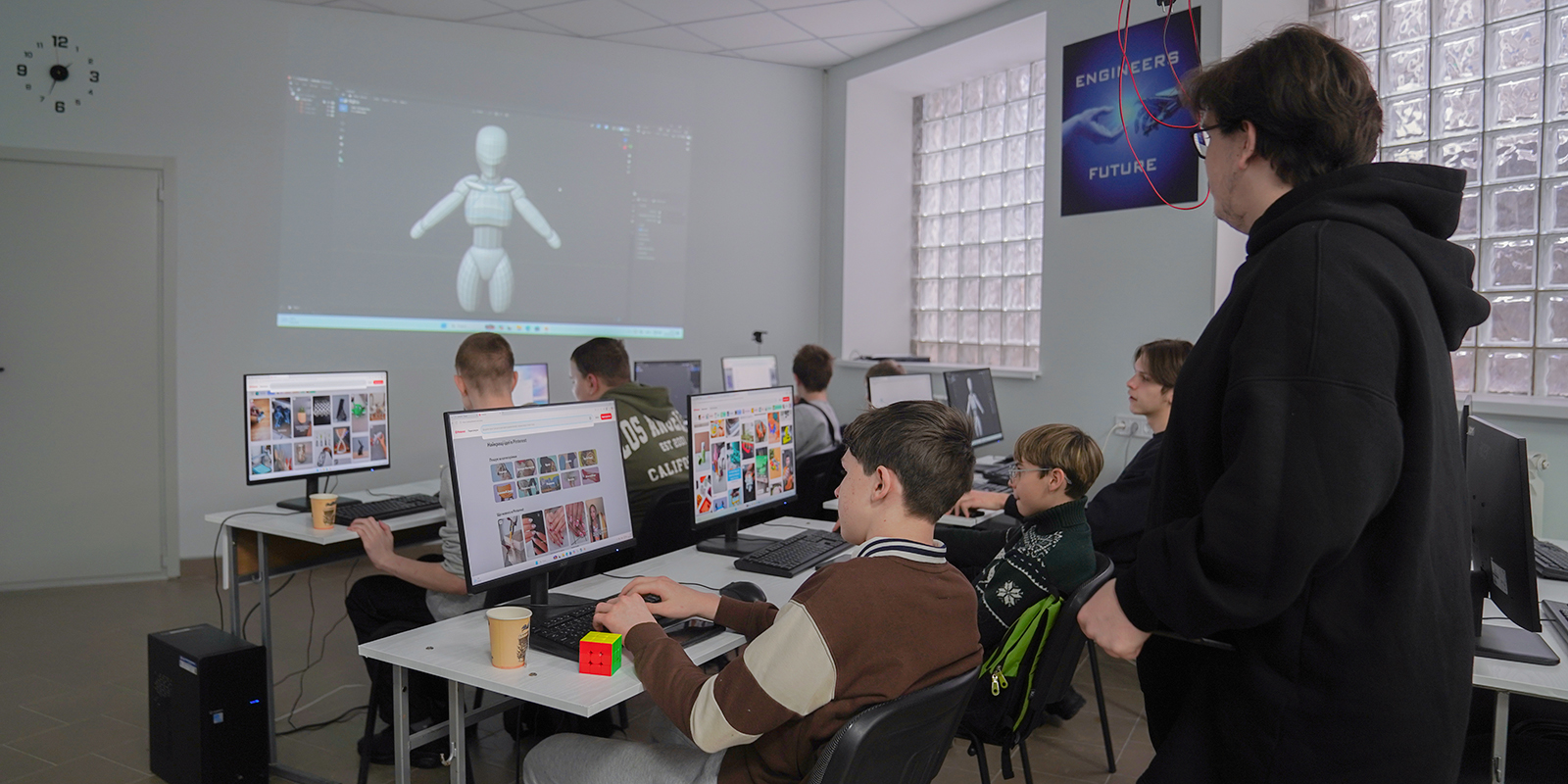 9 february 2026 yearThe “Engineers Future” School of Future Engineers Has Started Its Work
9 february 2026 yearThe “Engineers Future” School of Future Engineers Has Started Its Work -
.jpg) 9 february 2026 yearKarazin University Participates in the Implementation of the International Project “Resource-Based Education Cooperation: Laboratory Development (RECLAIM)”
9 february 2026 yearKarazin University Participates in the Implementation of the International Project “Resource-Based Education Cooperation: Laboratory Development (RECLAIM)” -
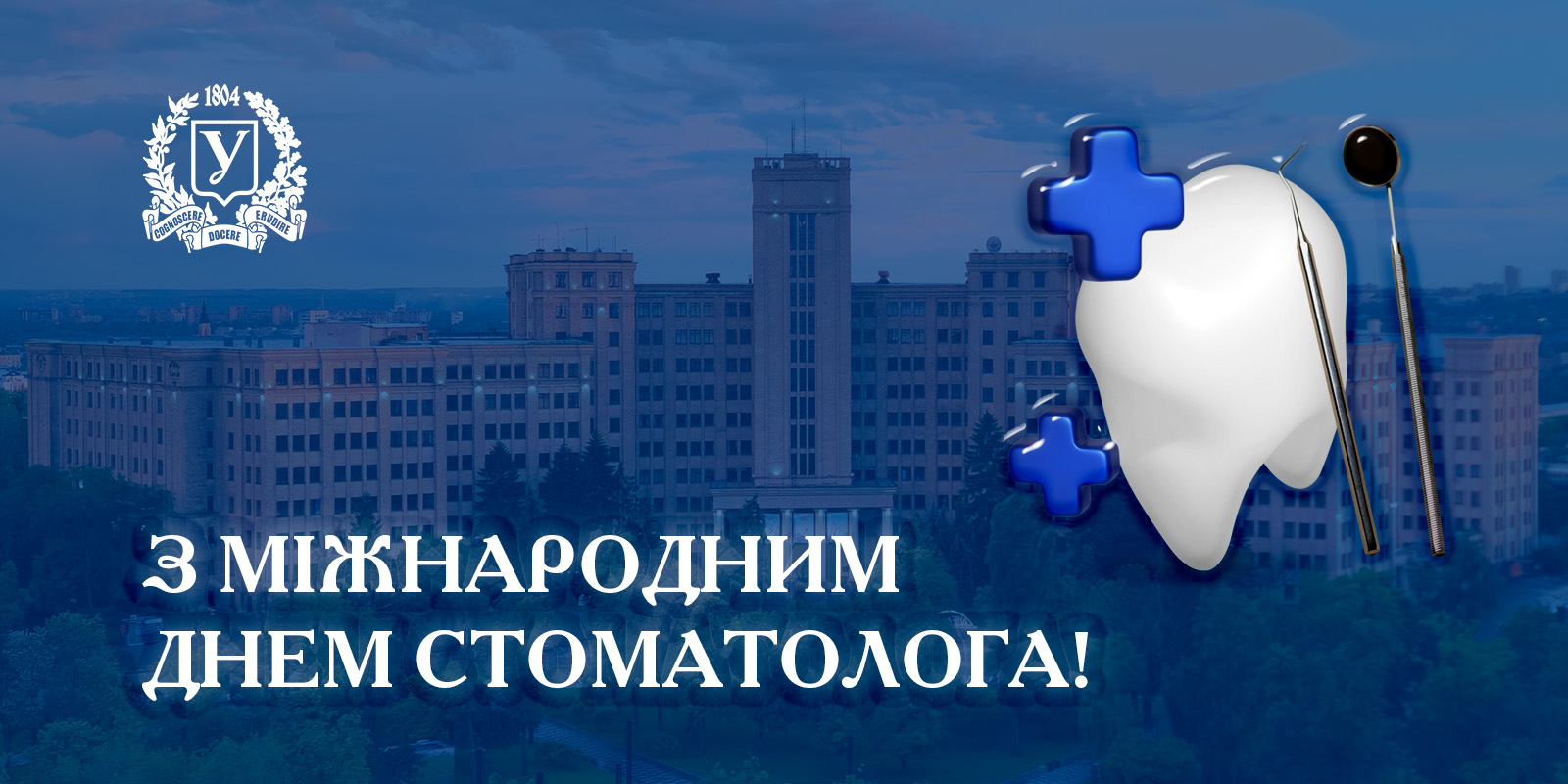 9 february 2026 yearHappy International Dentist’s Day!
9 february 2026 yearHappy International Dentist’s Day! -
%20(1).jpg)
%20(1).jpg) 7 february 2026 yearAlumnus of the School of History Serhii Fisun was Killed Defending Ukraine
7 february 2026 yearAlumnus of the School of History Serhii Fisun was Killed Defending Ukraine -
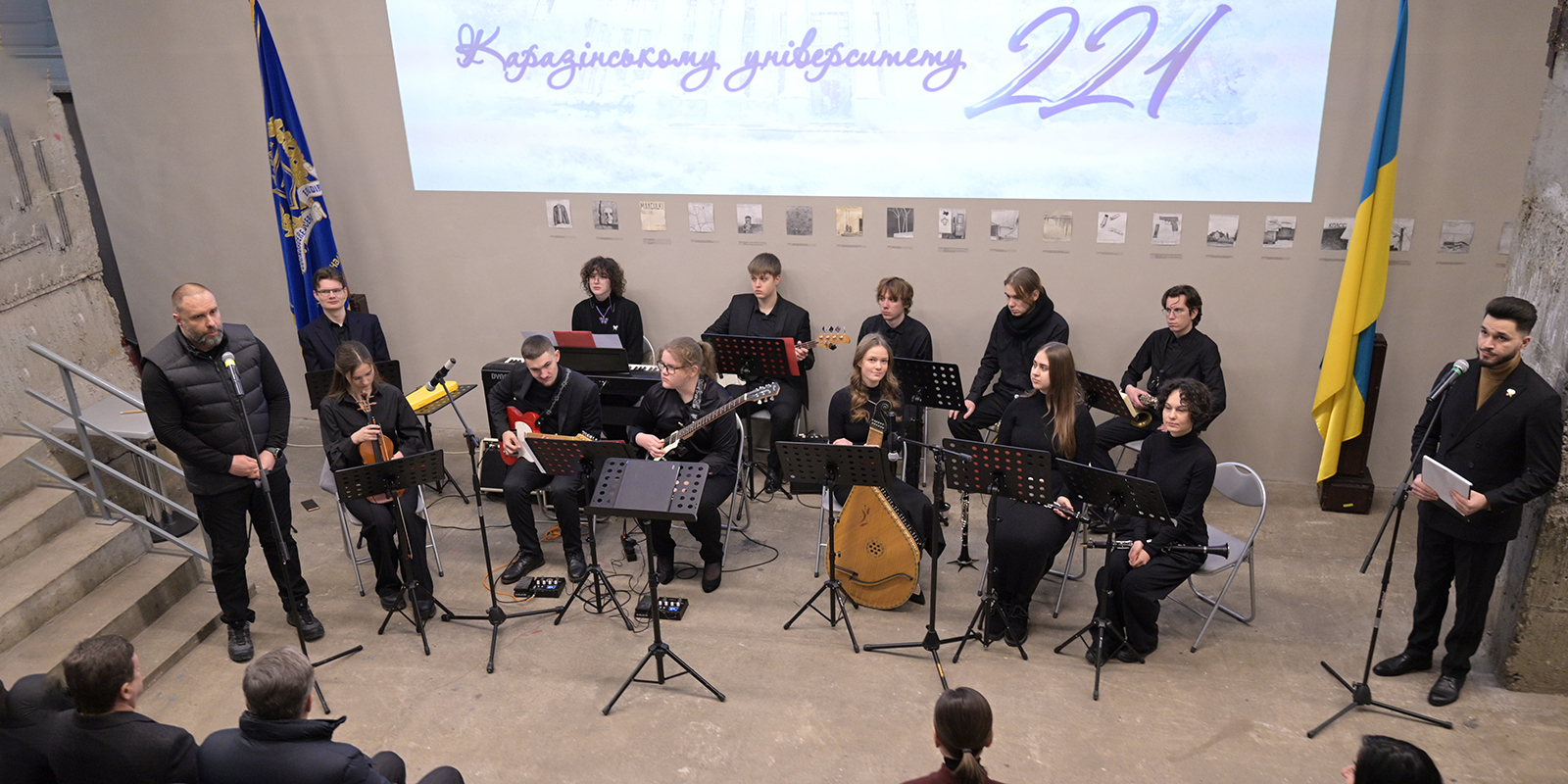 7 february 2026 yearKarazin University Marks the 221st Anniversary of Its Solemn Opening
7 february 2026 yearKarazin University Marks the 221st Anniversary of Its Solemn Opening -
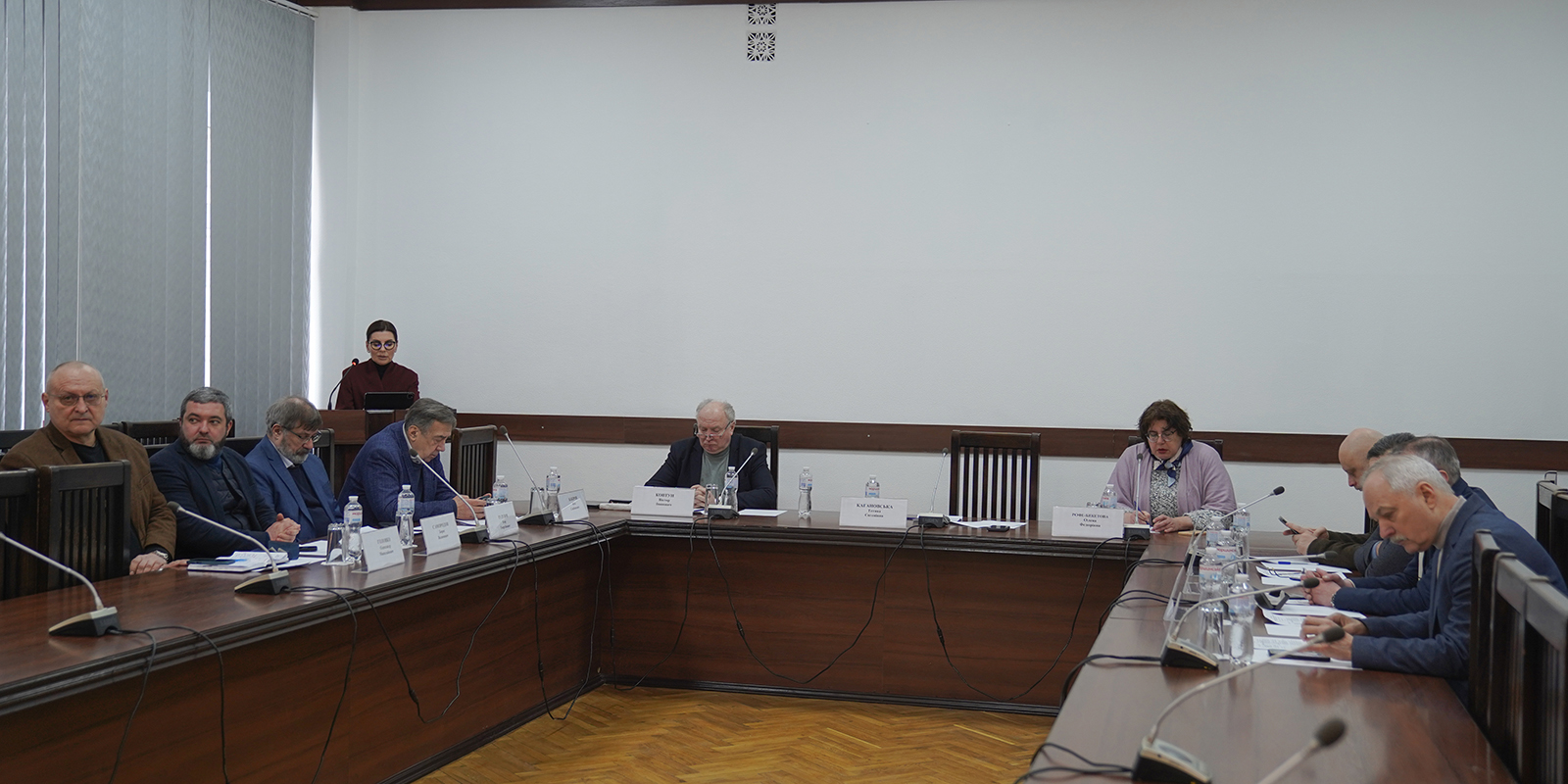 6 february 2026 yearMeeting of the Supervisory Board of Karazin University Held
6 february 2026 yearMeeting of the Supervisory Board of Karazin University Held -
%20(1).png) 6 february 2026 yearKarazin University Participates in the Discussion of the 2026 Admission Procedure for Higher Education Institutions
6 february 2026 yearKarazin University Participates in the Discussion of the 2026 Admission Procedure for Higher Education Institutions


